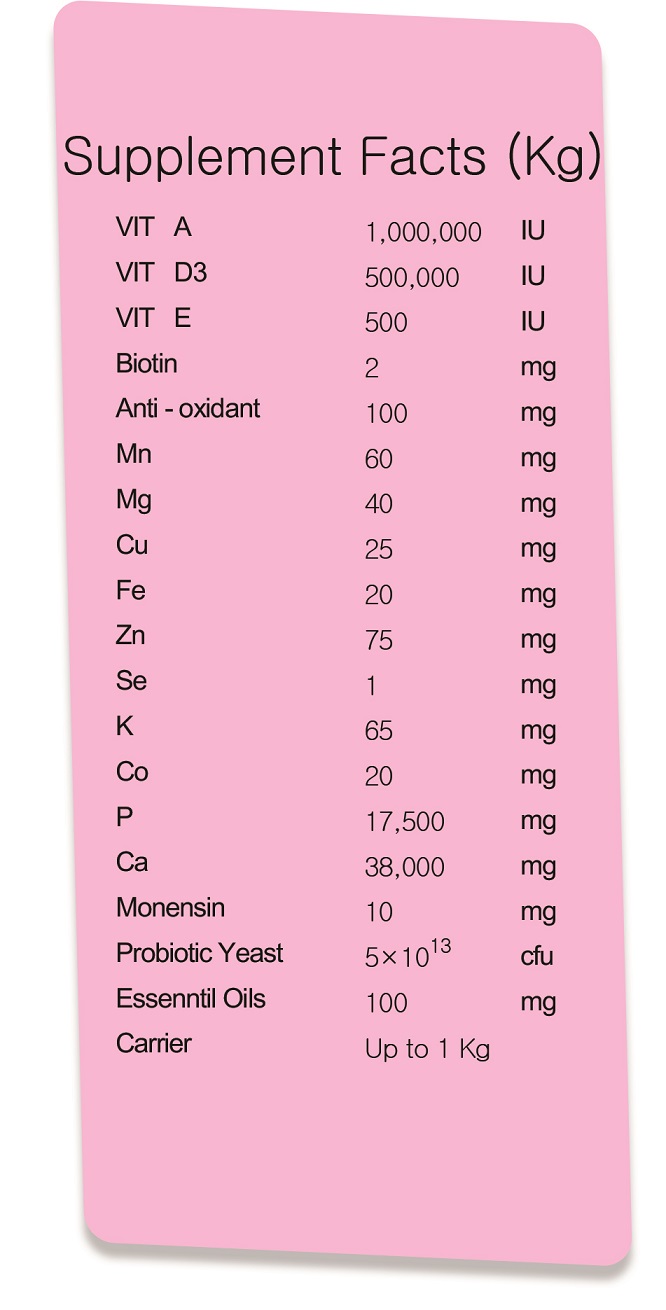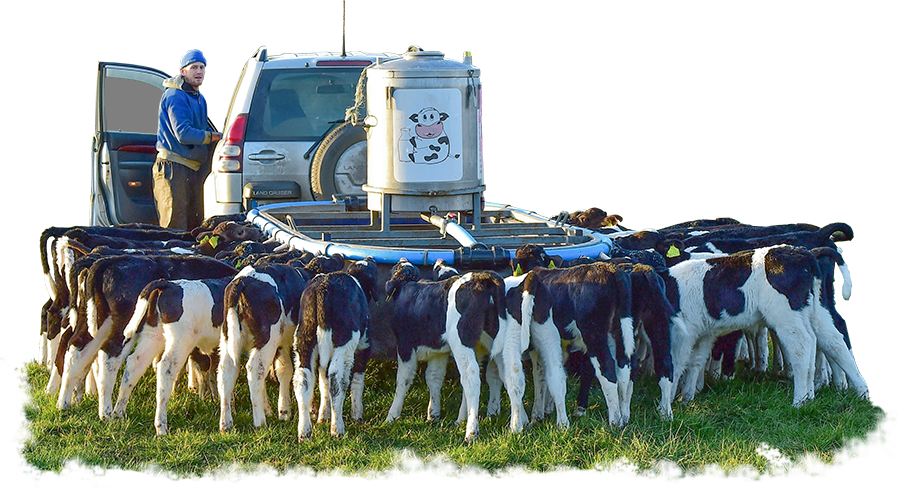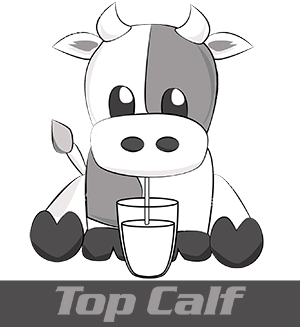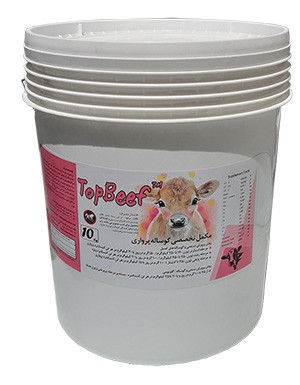
Specialized supplement for feedlot Beef
In fattening calves or young bulls in the industrial and traditional production of beef, in addition to the need to focus on fattening calves with high genetic potential (high percentage of genetic purity), selection of meat breeds or two interests, economic nutrition must be intelligently designed, implemented and managed. Among these, micronutrients and feed additives play an essential role to achieve maximum daily weight gain, keep the conversion rate low, while maintaining the health of the animal-gastrointestinal tract and preventing losses and diseases (lameness, acidosis, and bloating).
In feeding fattening calves, considering the nature of the diets used (with maximum starch and high readily fermentable carbohydrates), the priority is to maintain rumen health (prevent acidosis and bloating) as a refinery to produce the energy needed for weight gain. In the next step, it is vital to regulate the synthesis efficiency and supply of glucose precursors and protein blocks. Only after providing these prerequisites can a profitable conversion factor (weight gain to feed ratio) be achieved. To achieve the above goals, the specialized supplement formulation of Top Beef Calf has been designed and implemented based on the latest published data on the nutritional and health effects of micronutrients and additives. Precise production of Top Beef using high-quality raw materials (including minerals, vitamins, additives, and specialized carriers) from reputable brands and Europe and North America and the use of high-precision devices makes a significant difference. In terms of the ADG responses, beef performance will be the economic conversion factor and will help to reduce the length of the fattening period and increase the carcass yield (low-fat carcass) and accelerate the acquisition of maximum daily weight gain and heavier weight at the end of the breeding period (slaughter).

Unique features of this product
- Supply of micronutrients with high bioavailability, especially minerals and proper descent between minerals
- Probiotics of unique yeast origin and prebiotics MOS and GOS to increase digestion and absorption and rapid weight gain (custom)
- Fight against gastrointestinal parasites and coccidiosis in fattening calves using monensin and increase immunity
- Enriched with biotin to maintain the health of the limbs and increase the efficiency of high fat and protein diets (custom)
- Appetising effects of refereeing plants and increase palatability and dry matter consumption in economic fattening
- Decreased fat in weight gain and increased carcass yield with less visceral and ventricular fat
- An accelerator of weight gain with monensin (propionic metabolism-gluconeogenesis) and phosphorus and more live weight at the end of the course
- Increase the quality of colour and shelf life of meat enriched with vitamin E and extracts of medicinal plants - Increase the quality of meat
- Improving conversion ratio and profit margin, reducing feed costs due to micronutrient deficiencies
- Increasing ruminal health with herbal extracts and monensin (slow buffering method) and ruminal pH stability

Consumption
Intensive breeding and purebred calves
Starter stage (live weight 120 to 250 kg): 150 g per day or 30 kg per ton of fat concentrate
Growth stage (live weight 250 to 450 kg): 100 g per day or 20 kg per ton of special concentrate
Final stage (live weight 450 to slaughter): 100 g per day or 15 kg per ton of fat concentrate
Traditional breeding methods and local calves/cows
From 75 to 100 grams per day or 20 to 25 kg per ton of concentrate - depending on the breeding stage and target weight
Consumption alert
![]()
Consumption recommendation
If you need a suitable ration (concentrate) approved by a nutritionist, please contact the company and mix the supplement with the recommended amounts inside the concentrate in the feed factory or farm place (mixer). If you take Top Beef supplement directly (daily dose), after calculating the required amount according to the consumption recommendation, mix the supplement with a little bran or barley flour (100 g) and then divide it into two meals day and night. Pour the concentrate into the manger and give it to the livestock after stirring with the concentrate.


































